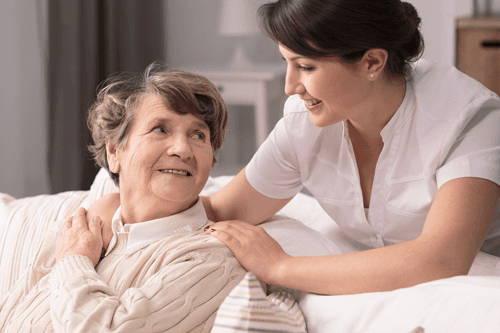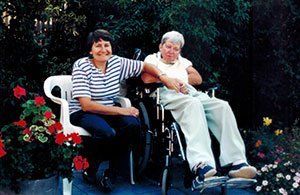The stress of care giving is not diminishing. It would appear there are more supports, services and more trained personnel available, but those very same supports, services and personnel are also stressed beyond belief. These are not good times to be a caregiver or to be in need of care. Societal attitudes towards disease, disability, dependence, aging and dying are changing. Indeed, I think our society's attitude is going back to a former time. Caring is lessening, blaming is increasing. As the value of the life of a dependent person decreases, so does the worth of those who care for them.
Before I continue with this post, I want to alert you to the 4 educational videos that my partner Sue and I created during her years of disability. The final one is about the end of the journey, her dying, and discussion about what happens to caregivers when their responsibilities for another person ends. These videos are free to watch on this website.
Over the years these videos have been used as tools in nursing and attendant/assistant care programs and for Social Workers and Occupational Therapists. They have been used as educational material in community agencies, university and community college libraries and long term care facilities.
May I draw your attention also to "When Someone Dies" available digitally and created as a ritual for closure for professional caregivers who have little time to grieve the loss of a client before moving on to the next one.
Look for them all on the dropdown from "The Journeys" on the Welcome Page.
To continue my essay....
Some years ago I co-facilitated 2-day workshops called "Embracing our Wholeness." The participants were older people, most with cerebral palsy so had lived with a disability from an early age. As such they had brought shame to the family, were hidden away and had spent much time in institutions. They were brought up in an era when they were considered less than human and no home care was available to their caregivers. Being invalids they were considered in-valid.
Our workshops were to move them beyond broken bodies to discover the whole beautiful spiritual self that waited to be discovered. For the last workshop we introduced some younger people. What dialogue and discovery we had! The younger ones were going to university despite wheelchairs and speech impediments. They knew their "rights." They knew they were equal. Being differently abled they knew they would probably have a harder time reaching success, but they knew they had the opportunity. They had choices. Society had never told them they were a non-person.
In the workshop they learned the history and the abuse their elders had experienced. They were appalled to learn that during the Second World War US presidency of F.D. Roosevelt, the press were forbidden from publishing him seated in his wheelchair. Society wasn't ready for a disabled president.
As we move forward through time, we see other minority groups and women start to realize that if they worked hard, or harder than able bodied men, they too could succeed. Pay equity of course still has to be decided. In the days when I was caring for Sue, home care support, paid services and church volunteers were available to me for which I was truly grateful. I was articulate enough to describe my needs, but it was never enough.
Governments change and the focus of their spending changes. Policies that lower income tax lead to cuts in spending. Sentiment towards those seen as takers and not pulling their weight changes. When there is less money to spend on the needy the public decides who is more worthy.
The young in our final workshop were educated, spoke English and were confident. They will cope. Room will be made for them. But the under-housed, the unemployed, those without status and with English as a second or third language and who belong to other minority groups will be deemed the burden to society. They cost money. They are the problem. They are the reason we pay taxes.
Whenever we create a "them and us " society, we create prejudice. We lay blame on the other. The disabled have seen this time and time again. I was born into a world that believed that disability was God's punishment, and parents were asked what they had done to deserve this. As the disabled and especially the disabled elderly once more sink to be less than human, so the worth of those who care for them decreases.
Everything goes in cycles. Can we influence the outcome of this one? We can with education, the raising of consciousness and the validation of caring.
Our worth is not based on material possessions but on the contribution we make towards creating a fair and just world. Mahatma Gandhi asked us to "Be the change we want to see in the world."
I don't think he meant we should make money and selfishly evade taxes. Maybe that change starts with the attitude we have towards the less abled and those who care for and about them.







